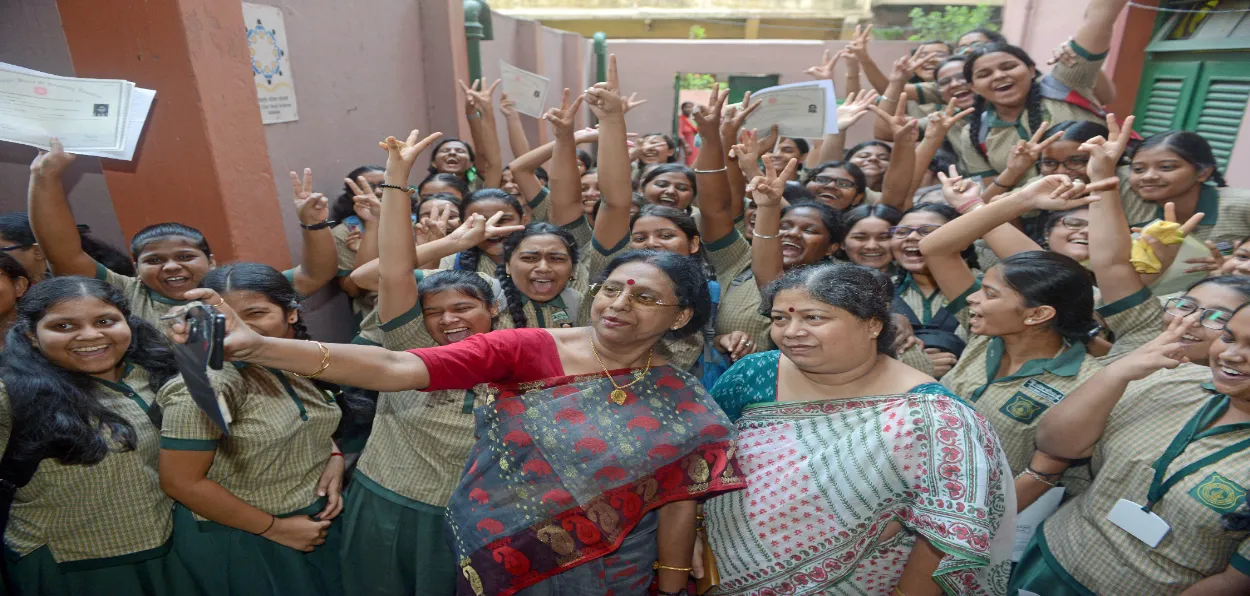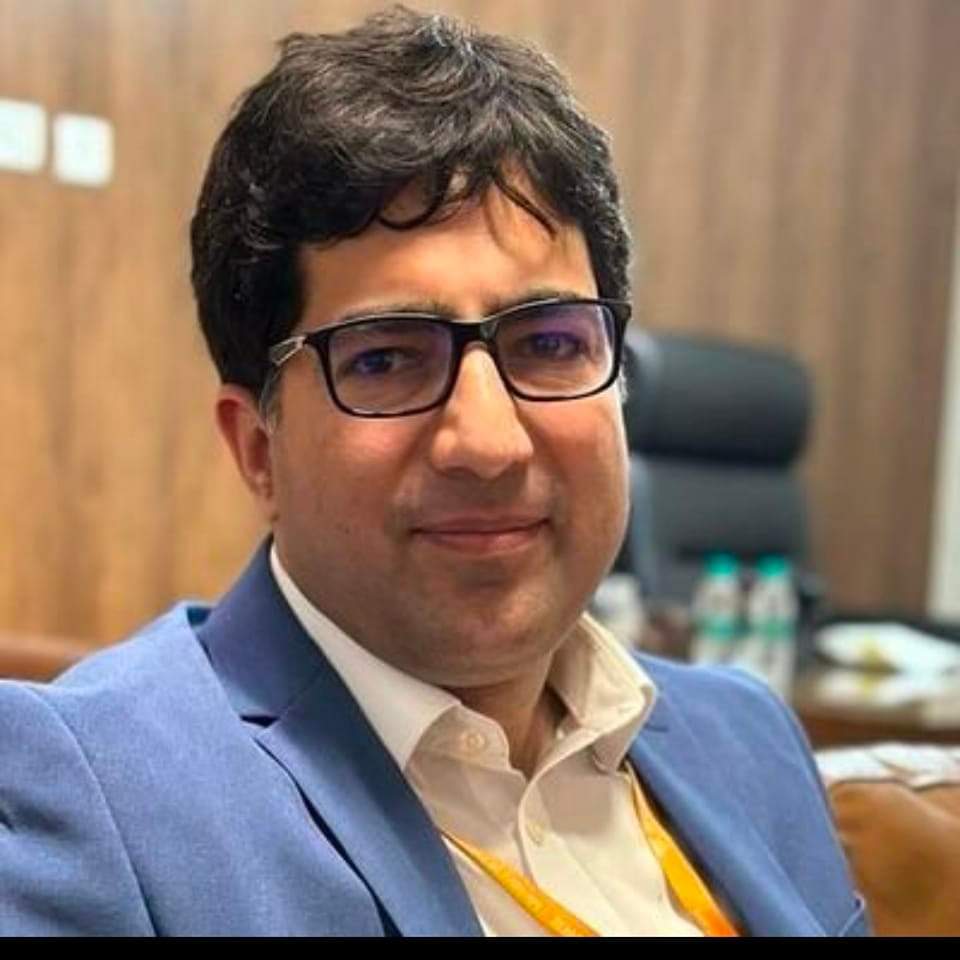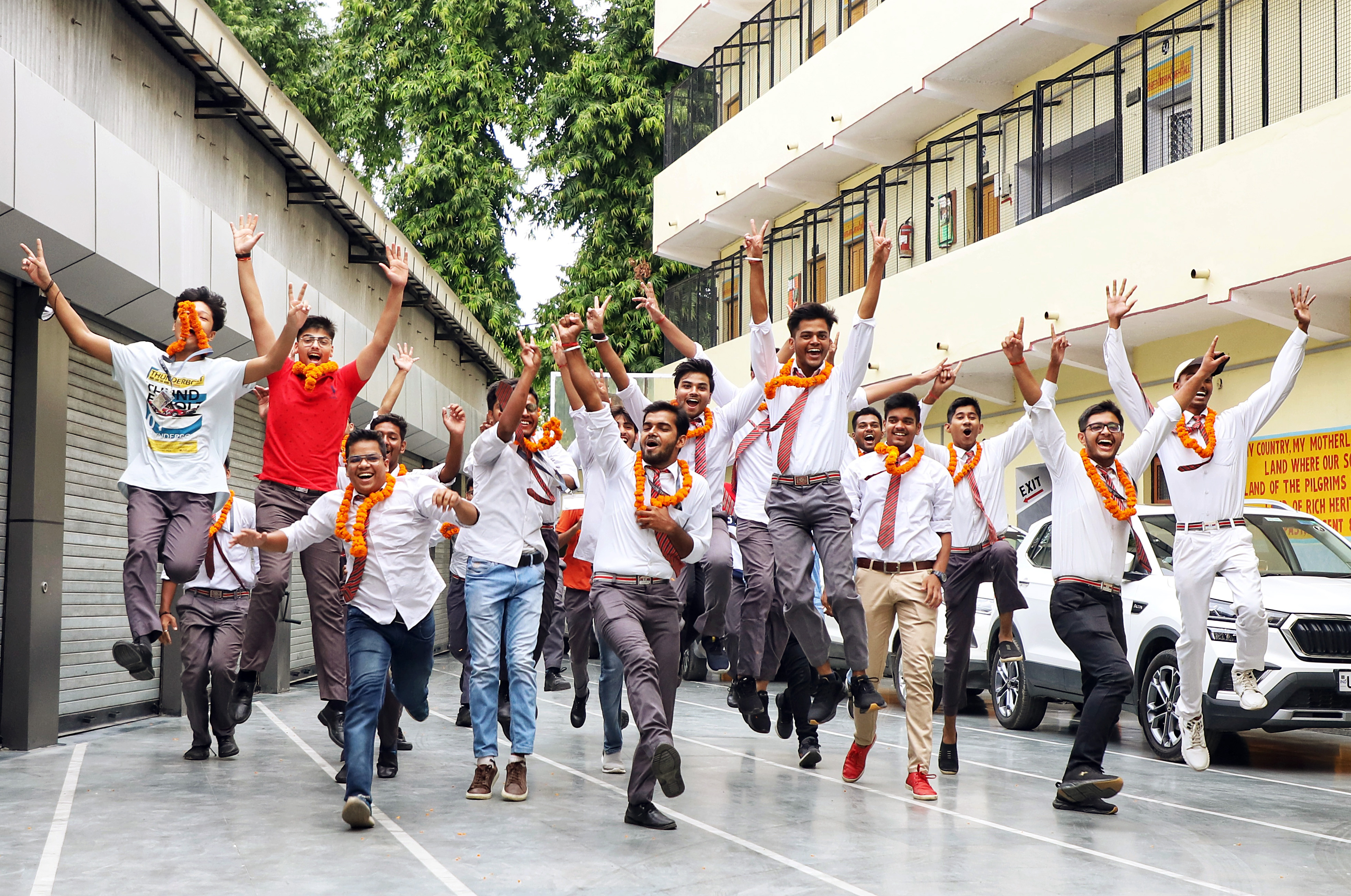
 Shah Faesal
Shah Faesal
Nine students committed suicide, 48 hours after the results of class 11 and 12 exams were declared by the Andhra Pradesh Board of Intermediate Examination in April. A girl from Kanpur who was preparing for JEE Mains took her life after scoring only 73% in Class 12. Minimum 75% marks are required for appearing in the entrance exam to India’s prestigious IITs, and as per her parents, low grades had ‘shattered her dreams’. In Chhattisgarh’s Durg city, a student was found hanging from the ceiling fan in her room after she failed three subjects in the recently declared class 12 results.
Like every year after the CBSE and the State Board results, student suicides over failure or underperformance in these exams have been reported this year also from across the country. At the same time parents whose children have scored very high were seen posting celebratory pictures on Twitter inviting both appreciation and ire from the social media users. A parent who comes from a civil services background tweeted that his daughter’s high grades were a matter of pride for the entire family.
Both these realities expose the deeply entrenched culture of hyper-focusing on academic grades in our country which has grave implications spanning societal mental health, self-perception, life purpose, and achievement. Popular Hindi films like 3 Idiots and Taare Zameen Par have challenged the very idea of success in life built around academic grades because it insists on a singular path to success and often overlook creative and uniquely talented individuals. CBSE has implemented many reforms to reduce stress on students including the SAFAL assessment protocol to measure student performance and the New Education Policy 2020 promises a shift from rote learning to competency-based learning. Yet the problem of student suicides continues to haunt our education system. The question is why?

Boys in a Lucknow school celebrating their success in examination
More than students, teachers, schools, assessment methods, CBSE, state Boards, and Governments, this crisis in my opinion has more to do with our societal value system than anything else. If I talk about myself, I am a product of the same assembly-line model of education, where marks percentages are seen as a measure of human intelligence and potential. As a child, I was always told that only Rank 1 matters and if one is not at the top of the ladder, then one is nowhere. It is no coincidence that throughout my student life, my only aspiration was to get the best grades in school and college and I mostly succeeded in doing that.
But this came at a cost. Even 22 years after passing my class 12 Exam, I still have nightmares where I suddenly feel that I am unable to do the question paper, or I am late to the exam and missing my grades, or that I have suddenly forgotten everything about the subject and the big zero that I am getting on the results day wakes me up with a cold sweat and a sinking heart. Not only the long-lasting negative memories associated with performance anxiety, I regret never picking up a sport; I missed music lessons, photography, dance, and all other life-enhancing creative pursuits of life. The best moment of my life used to be when I would get requests from classmates to whisper answers to multiple-choice questions to them in the exam hall so that they could improve their scores. It used to give me a high to finish the question papers before everyone else.
This obsession with grades didn’t go even after I qualified UPSC Civil Services Examination and in the LBSNAA Training Academy, I was expected to maintain the grades because the marks would add to my Mains score on which my seniority in the civil list depended. In hindsight, when I look back at the public speeches I made in various colleges and schools across the country those days after qualifying for UPSC CSE to motivate students for competitive examinations, this dangerous flaw in my thinking comes to the fore where I am exhorting students to pursue ‘academic excellence’ obviously measured by grades and ranks. Some of the speeches where I am encouraging students to target 100% marks appear so comical now that many times I have thought of approaching YouTube to delete them.
I do understand that my parents instilled that competitive spirit in me because they looked at education as a tool for social mobility. That is how today also a regular Indian middle-class parent thinks in the interest of her child’s future. One of the many problems with this model of education is that it uses pride and shame as the drivers of students’ performance while curiosity, creativity, and the joy of learning are undermined.
While high grades are associated with achievement, self-worth, and pride, it is not the authentic pride that comes from overcoming failures but hubristic pride. Hubristic pride is about an inflated sense of self, entitlement, ego, power, and superiority.

A Kerala leadder serving ladoos to students to celebrate their success in exmas
High-scoring individuals can become cocky, narcissistic, and have self-esteem issues. These can also become prone to shame. On the other end, the feeling of shame that is associated with low grades is a maladaptive emotion of self-assessment that leads to self-condemnation, a feeling of disgrace, and defeat. Shame creates self-doubts and closes all doors to future improvement. It can lead to self-harm and if there is no mental health support system, shame can drive children to suicide.
A grades-led education system build over pride and shame is the cause and consequence of a dominance-based social order where power rather than empathy, control rather than compassion, and greed rather than altruism become the norm. Not surprisingly, the fundamental purpose of education - fostering a well-rounded, ethical, and independent individual capable of contributing meaningfully to society is ignored. And what is even more alarming is that this is happening in a nation that perfected the Gurukul model of education, a residential schooling system where besides academic learning students were taught to live a cultured and disciplined life, more than 5000 years ago.
Student suicides, coming back to where I had started this piece, are thus alarm bells that the fundamental flaw in our education system has still not been remedied. As per the NCRB data, almost 2500 people commit suicide every year due to failure in exams. From 2014 to 2020, 12,582 lives were lost due to stress caused by exams. These are damning statistics and in the popular Pariksha Pe Charcha program with Prime Minister Narendra Modi, thousands of students and parents have flagged exam-related stress as a major factor harming the mental health of students in India.
As a parent, I have already started encouraging my child to focus on the all-round development of his personality than be worried about the grades. Given how obsessed I was with grades as a student, today as a parent it is a huge challenge for me to not scold my kid for playing football and not studying a bit for the exam the next day. This is huge learning for me and I am sure every parent of my generation is experiencing this.
ALSO READ: Why the G-20 Meeting in Kashmir is a new beginning
A positive attitude towards life has to be built during the childhood and only then can children develop the mental strength to handle failure. Today as I continue to explore the impact of pride and shame as two very powerful emotions that can shape the personality of my child, I keep reminding myself that success, in its truest sense, encompass the ability to lead a fulfilling, purposeful life, contribute positively to society, and adapt to life's inevitable changes.
(Shah Faesal is an IAS Officer of AGMUT Cadre presently on Central Deputation. He is a Fulbright Fellow and an alumnus of Harvard University. Views are personal.)
